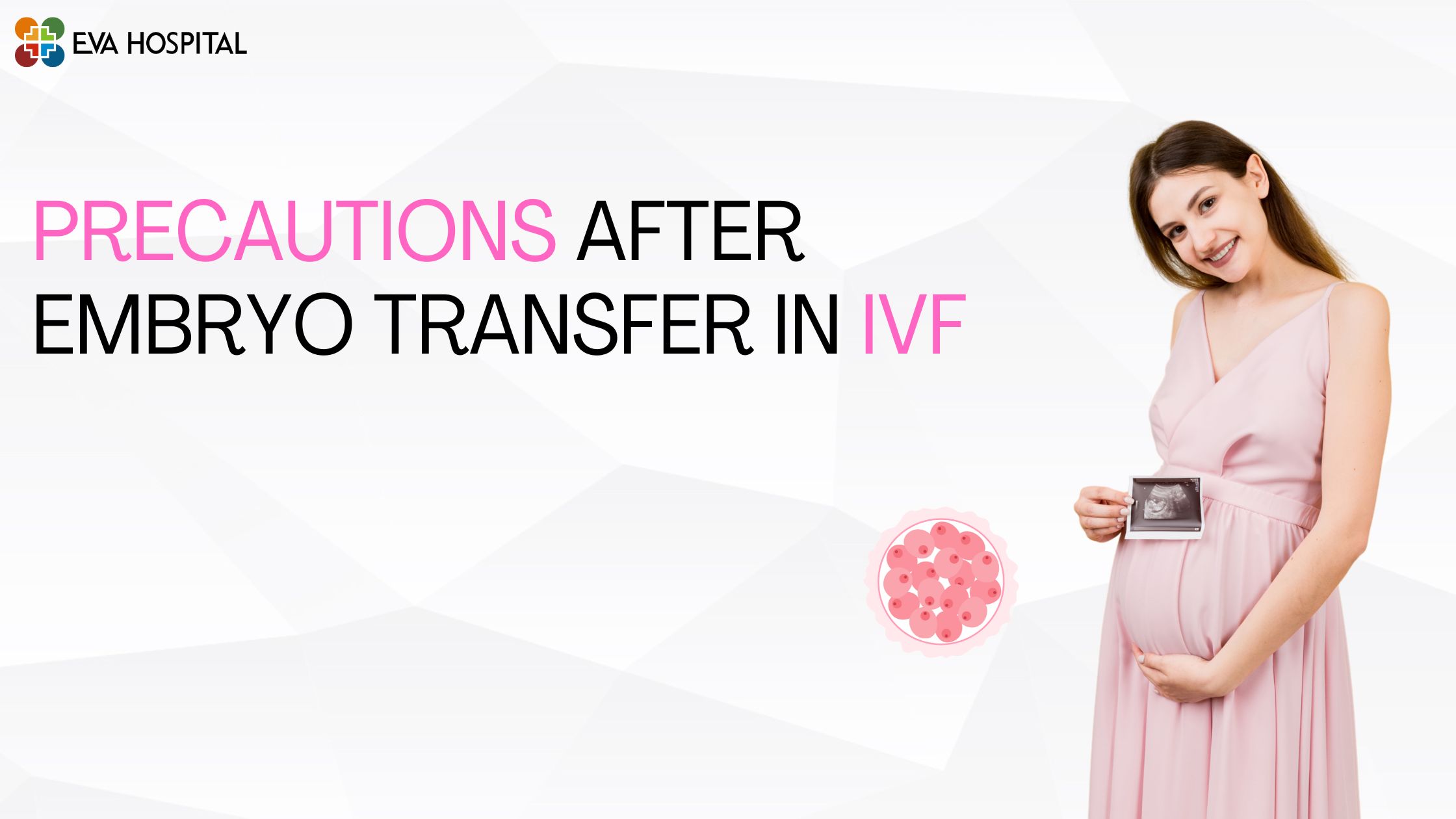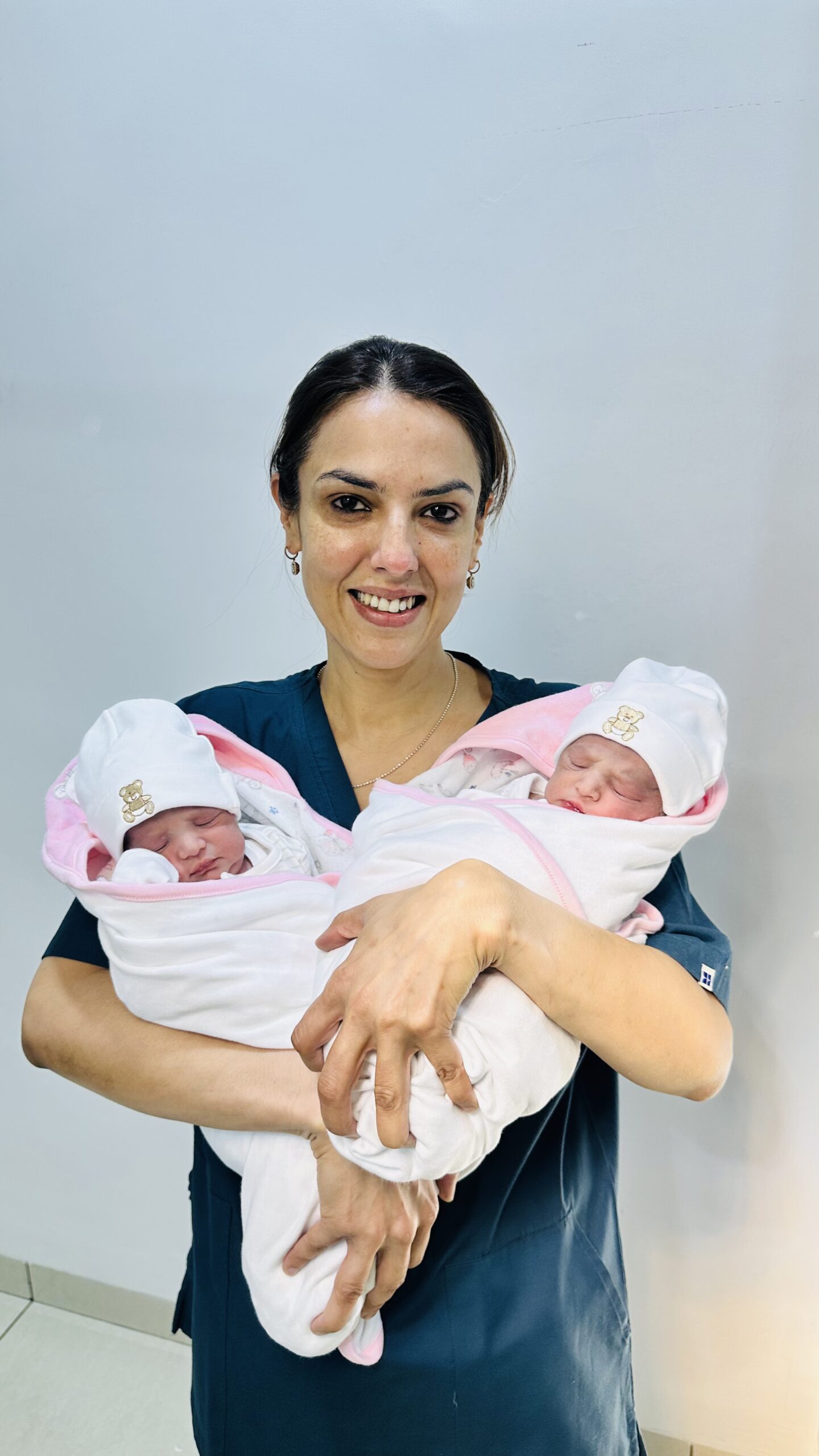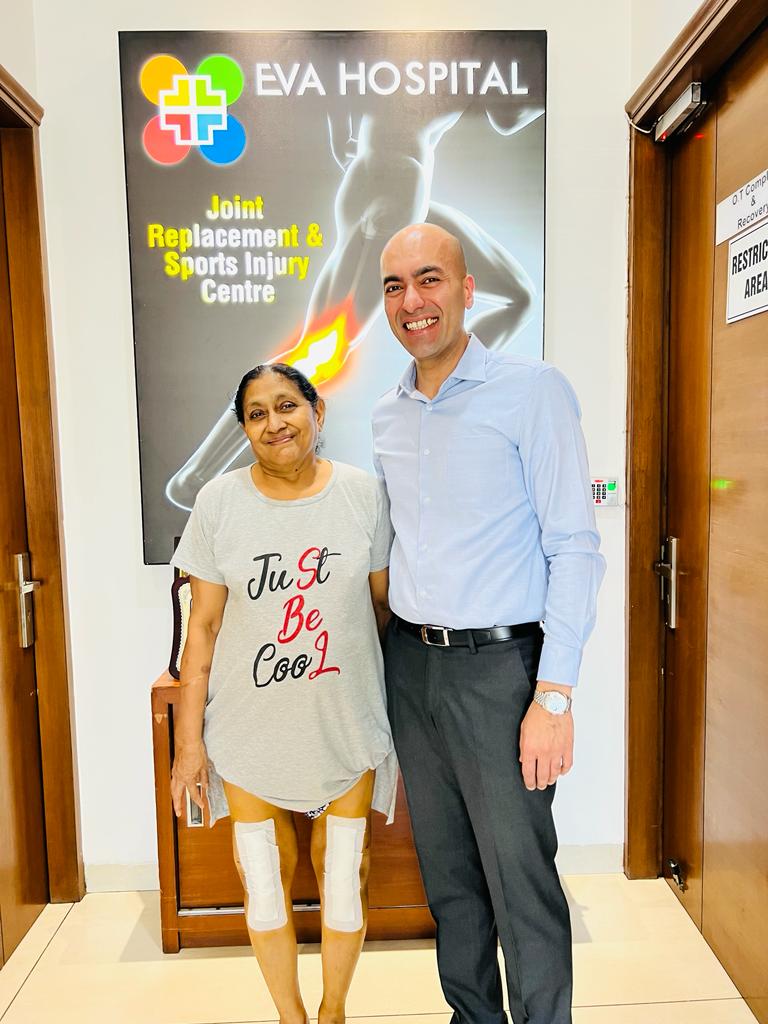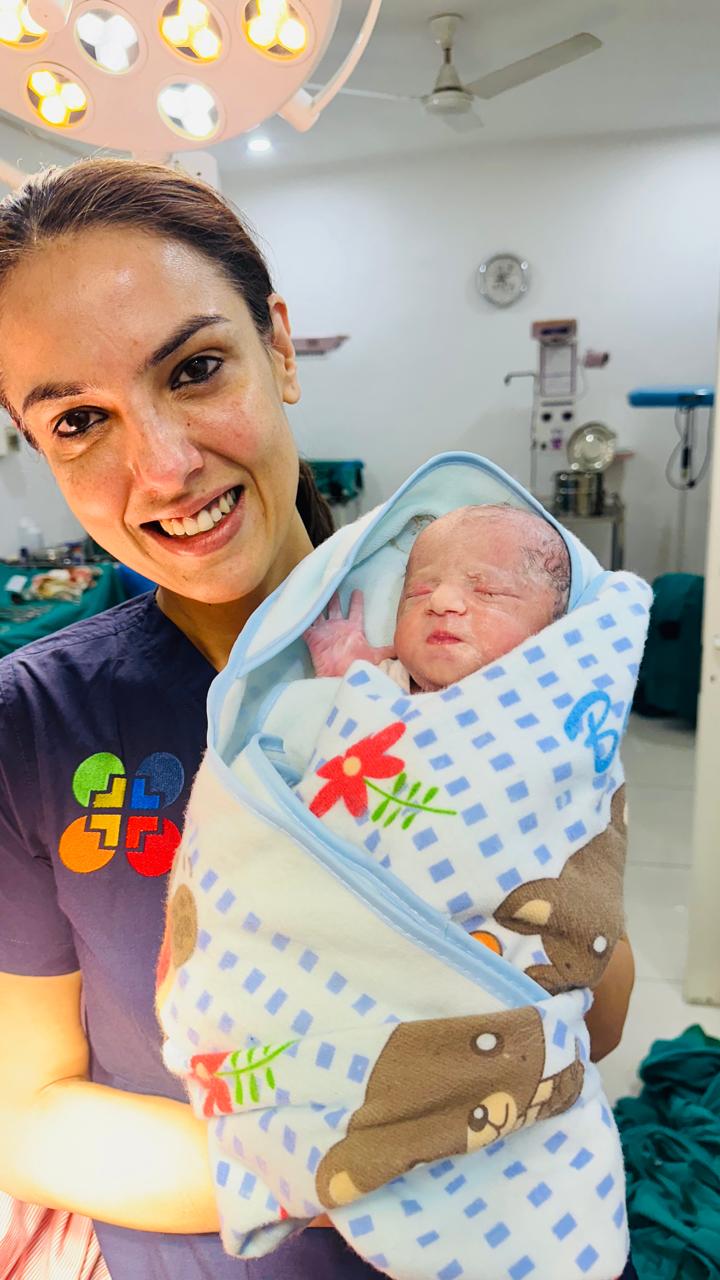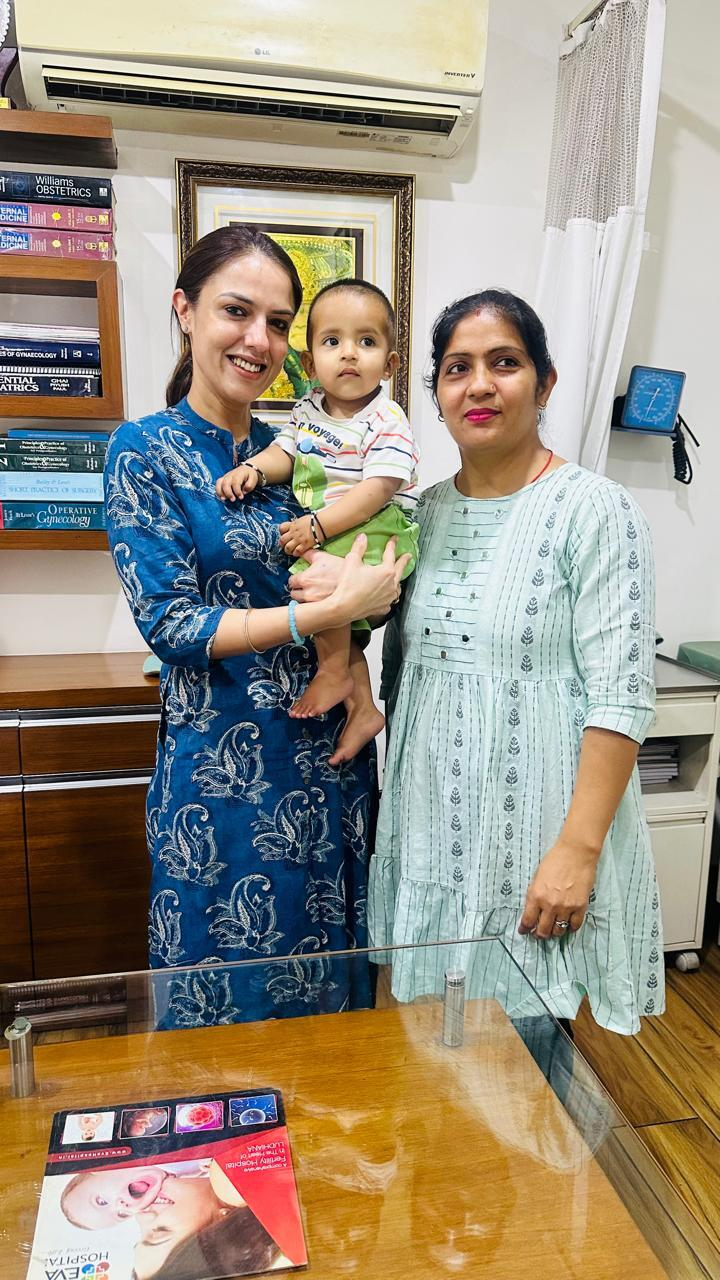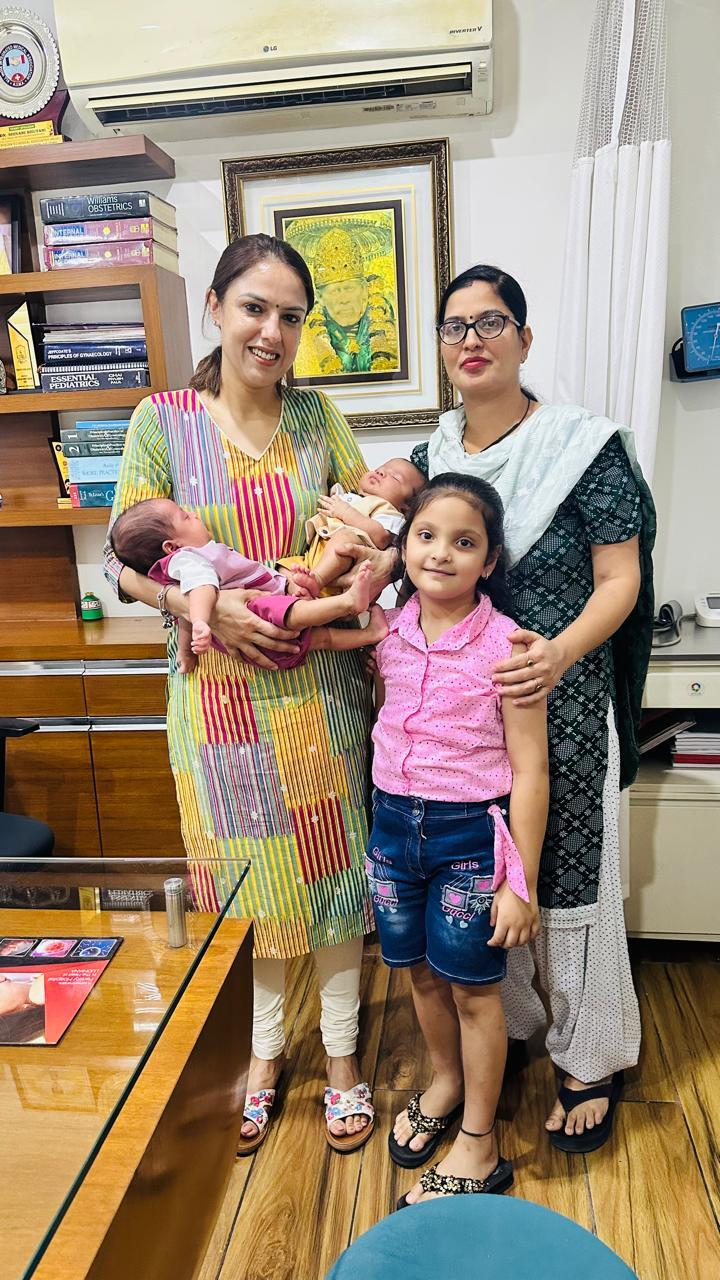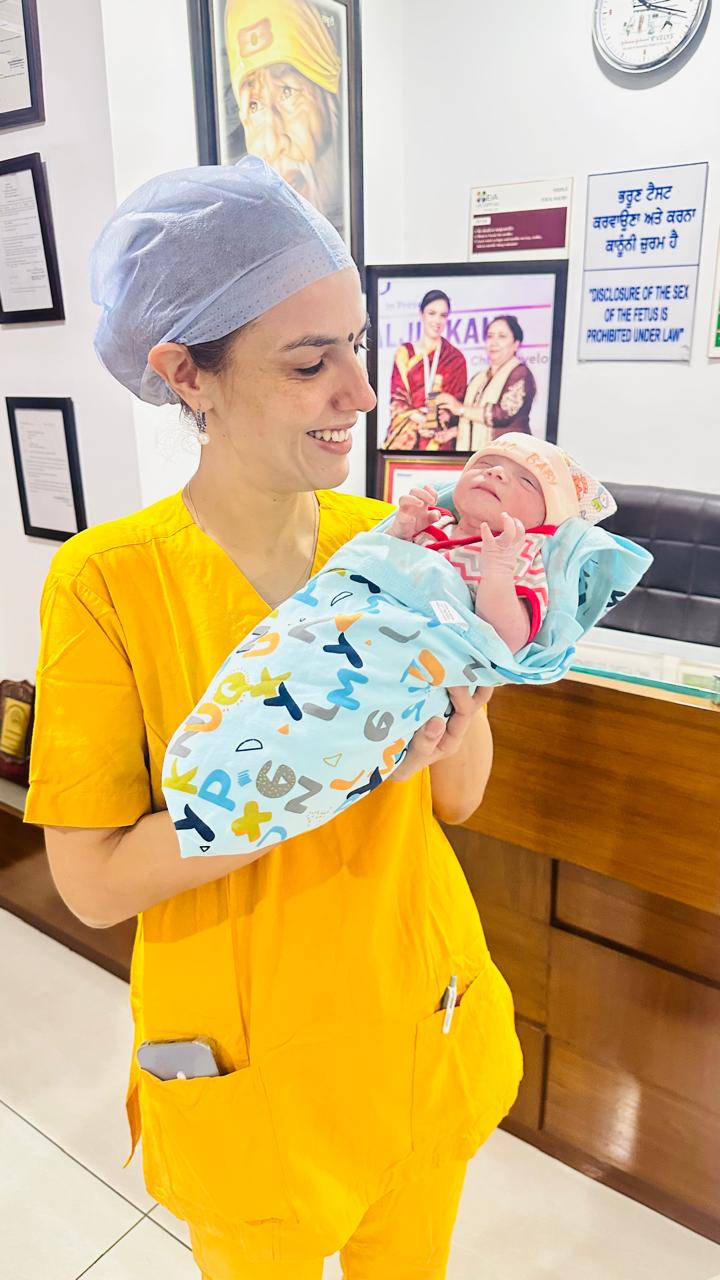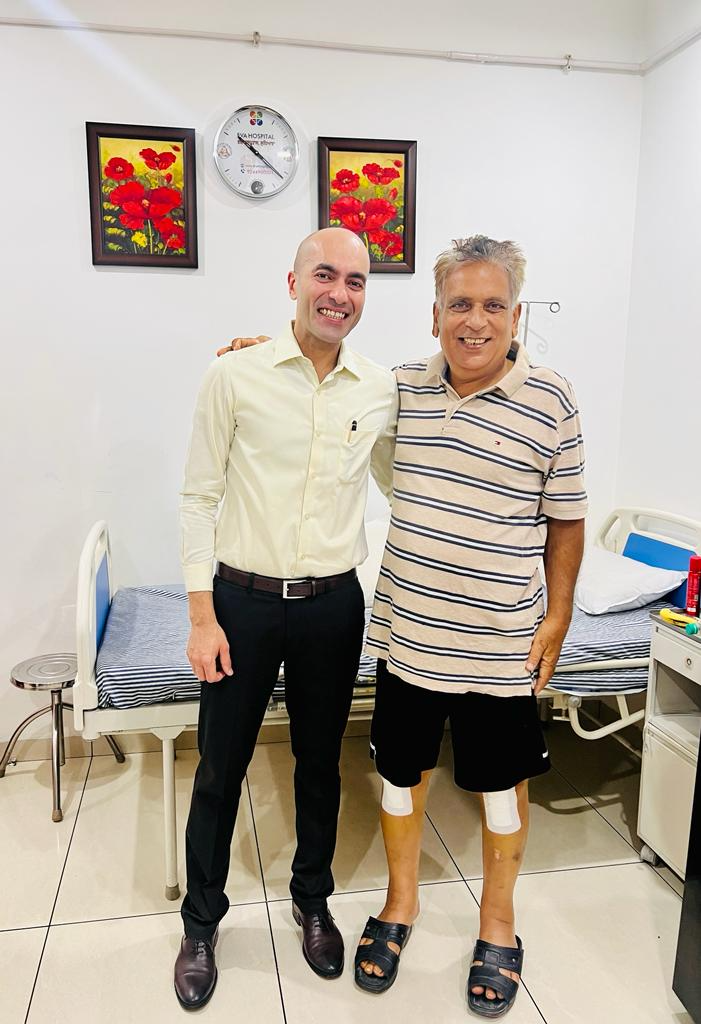Summary
IVF is incredibly emotional and hopeful for couples who are struggling to conceive. One of the sectors of greatest importance in IVF is the time after embryo transfer. This is the critical period in which the outcome can really be influenced by how well the patient takes care of herself, the lifestyle she follows, and her mental, as well as emotional, well-being Herein, we will discuss in detail the most important precautions after embryo transfer in IVF for practically successful implantation and a sound pregnancy.
Introduction
The most crucial point in the in vitro process is the embryo transfer, during which a fertilized embryo is placed into a uterus, with the hope that it will successfully implant and result in pregnancy. However, the days following this procedure still call for care and attention.
Hi, I am Dr. Shivani Bhutani, a certified gynecologist at Eva Hospital. This article lists the important precautions after embryo transfer in IVF and some lifestyle tips to help support your body through this critical time.
Precautions After Embryo Transfer in IVF: Why This Period Matters
The embryo transfer procedure itself is quick and painless; yet, what happens afterward is of utmost importance. Implantation usually happens within 6 to 10 days after the transfer and becomes such a critical window. Physical and emotional stresses could potentially affect the outcome. Concentrating on care, rest, and mental peace would, therefore, provide the best environment for your body to support implantation.
Let’s take a look at the top precautions to follow during this time.
1. Prioritize Rest, But Don’t Be Bedridden
While resting is important after the transfer, one need not be bedbound the entire day. One can still perform light activities such as walking around the house, reading, or watching a movie. Generally, doctors will tell patients to take it easy for at least five days following a transfer and avoid heavy physical exertion.
Tip: According to me, you must listen to your body. Easy movements are okay, but avoid activities that increase intra-abdominal pressure, like lifting heavy objects or heavy workouts.
2. Avoid Stress and Stay Positive
Emotional well-being is a big part of the IVF process. Stress can alter hormone levels and interfere with implantation; therefore, keep yourself calm through mindfulness, meditation, or breathing exercises. While doing exercise take care of body position after as it is important after embryo transfer. If you find it challenging to manage anxiety during the two-week wait, seek counseling.
Bonus Tip: I would suggest journaling or joining an IVF support group; it can be very helpful in giving relief and a sense of belonging.
3. Follow Medication and Doctor’s Advice Rigorously
Your fertility specialist will most probably prescribe medications after your embryo transfer, such as progesterone, to support the uterine lining. It is crucial to adhere strictly to the schedule and dosage without missing any because these medications will assist in preparing your body to support a growing embryo.
Always: Keep all your follow-up appointments and immediately notify your physician of any unusual symptoms like severe pain or heavy bleeding.
| Factor | Global Impact on IVF Success | Supporting Evidence | Estimated Effect on Success Rate |
| Age | Age is a significant determinant of IVF success, with younger women experiencing higher success rates. | Studies indicate that women under 35 have higher live birth rates compared to older age groups. | Obese women: IVF failure rate ~25% Normal weight women: IVF failure rate ~10.9% |
| Body Mass Index (BMI) | Both underweight and overweight conditions can adversely affect IVF outcomes. | Obesity is associated with lower success rates due to hormonal imbalances and decreased egg quality. | High stress: Lower success rates Effective stress management: Improved outcomes |
| Alcohol Consumption | High alcohol intake negatively impacts IVF success rates. | Women consuming more than 84g of alcohol per week have reduced chances of pregnancy post-IVF. | High alcohol intake: Reduced success rates compared to abstainers |
| Smoking | Smoking diminishes egg quality and uterine receptivity, leading to lower IVF success rates. | Smoking is linked to decreased ovarian reserve and implantation rates. | Smokers: Lower success rates compared to non-smokers |
| Diet and Nutrition | A balanced diet rich in essential nutrients supports reproductive health and improves IVF outcomes. | Diets resembling the Mediterranean pattern, high in whole grains, nuts, and lean proteins, are beneficial. | Healthy diet: Improved success rates |
| Physical Activity | Regular moderate exercise enhances fertility, while excessive exercise may have adverse effects. | Moderate physical activity improves insulin sensitivity and reduces stress. | Moderate exercise: Positive impact on success rates |
| Mental Health and Stress | High stress levels can interfere with hormonal balance, negatively affecting IVF outcomes. | Stress management techniques like mindfulness and counseling are recommended. | High stress: Lower success ratesEffective stress management: Improved outcomes |
| Environmental Factors | Exposure to environmental toxins can reduce IVF success rates. | Limiting exposure to pesticides and phthalates is advised. | Reduced exposure: Enhanced success rates |
4. Maintain a Healthy Diet and Hydration
The body requires the best nutrition during this time. Such nourishment comes from a balanced diet with plenty of leafy greens, lean proteins, whole grains, and healthy fats to keep hormone levels balanced for successful embryo implantation. Also, make sure to drink plenty of water to remain hydrated; this aids in regulating bodily functions.
Foods to stay away from: processed food, caffeine, raw or undercooked meat, and high sugar content.
5. Refrain from S*xual Intercourse Temporarily
Most fertility clinics advise patients to avoid intercourse for at least one or two weeks following the transfer since uterine contractions during orgasm can interfere with implantation. So hold off on sex until your doctor gives you the green light to go ahead.
6. Say No to Smoking, Alcohol, and Caffeine
Avoid any substances that might interfere with implantation or embryonic development. Smoking and alcohol are detrimental to fertility and therefore raise the risk of miscarriage. Keep caffeine intake under 200 mg daily or eliminate caffeine altogether as advised by your doctor.
7. Stay Clear of Hot Baths and Saunas
A raised core body temperature goes against embryo implantation. Avoid hot baths, steam baths, and sauna sessions while waiting for conversion during the two weeks. Go for showers with lukewarm water, and don’t place heating pads on your abdomen.
8. Monitor Your Symptoms, But Don’t Overanalyze
Allowing yourself to look for signs of early pregnancy is natural; however, considering every symptom may cause unnecessary stress. Mild cramps, breast tenderness, or light spotting may show up but are not always signs of success or failure. Have faith and wait for your blood-test appointment for confirmation.
Conclusion
Now I am signing off—take care and believe that whether successful embryo implantation will take place relies mostly on circumstances, and, indeed, only a few are within your control. They should therefore be nurtured into the best possible circumstances: stress control, a healthy diet, strict adherence to your doctor’s directions, and, in essence, anything that can support your end of the deal.
After embryo transfer, an IVF patient should be gently encouraged to take care of herself while being patient through the difficult days awaiting a pregnancy miracle. Any doubt regarding any symptom or suggested practice should be a subject for a quick discussion with one’s fertility specialist.
Final Thoughts
Sharing my final thoughts with the reader, the journey to IVF is physically taxing and emotionally intensive. The period just after embryo transfer is super fragile yet so hopeful. Taking these precautions post-embryo transfer will ensure you take positive steps toward making your pregnancy a success. Have faith in the journey, put your complete support behind the entire process, and keep your gaze fixed on the very purpose of it all.

